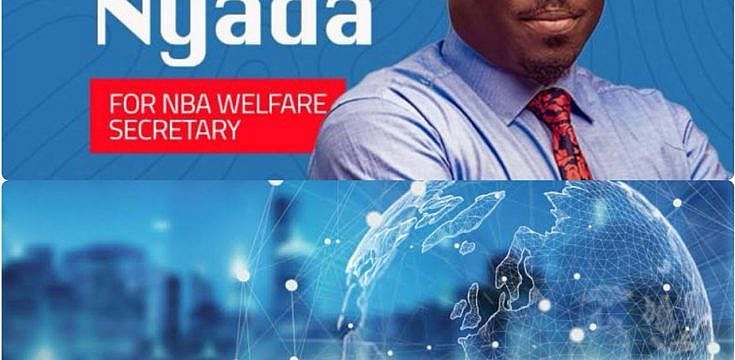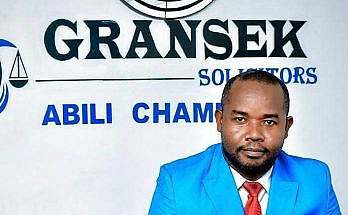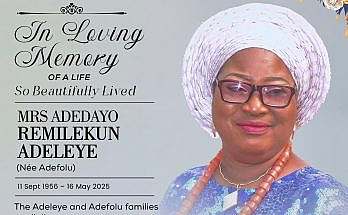As social media and digital platforms have become increasingly integral to public discourse and civic engagement in Nigeria, the country has grappled with balancing the right to free speech with the need to curb the spread of misinformation, hate speech, and other harmful online content. Nigeria’s legislative and regulatory landscape in this domain has undergone significant changes in recent years, reflecting the complex and evolving nature of governing the digital public square.
One of the most high-profile developments was the suspension of Twitter operations in Nigeria in June 2021, after the social media platform deleted a controversial tweet by President Muhammadu Buhari. The Nigerian government cited the platform’s “persistent use of the platform for activities that are capable of undermining Nigeria’s corporate existence” as the reason for the ban. This move was widely criticized by free speech advocates as a suppression of digital rights.
In the wake of the Twitter suspension, Nigeria’s National Assembly has considered various legislative proposals aimed at regulating social media and online content. The most prominent of these is the “Protection from Internet Falsehoods and Manipulations Bill,” also known as the “Social Media Bill,” which would grant the government sweeping powers to take down content deemed false or likely to “diminish public confidence” in the government. 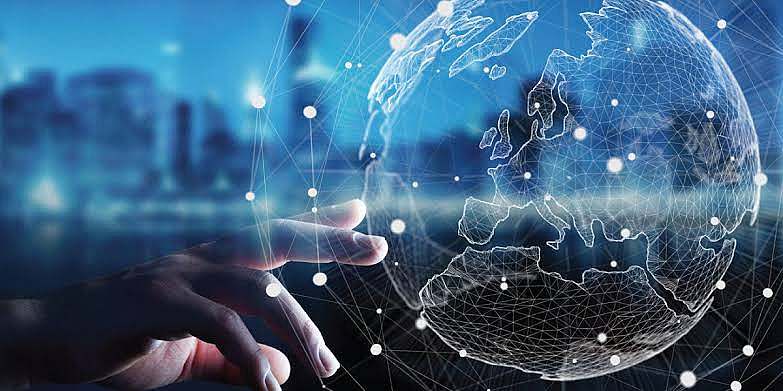 The bill has faced intense opposition from civil society groups who argue that it poses a grave threat to freedom of expression.
The bill has faced intense opposition from civil society groups who argue that it poses a grave threat to freedom of expression.
Alongside these legislative efforts, Nigeria’s regulatory bodies have also taken steps to assert greater control over digital spaces. In 2019, the Nigerian Broadcasting Commission (NBC) issued a code of practice for “internet broadcasting” that requires platforms to obtain a license, remove content deemed “undesirable,” and share user data with the government. The code has been criticized as unconstitutional and an attempt to stifle online speech.
Moreover, the Nigerian government has increasingly employed the country’s cybercrime and sedition laws to crack down on social media users and online activists. High-profile cases, such as the arrest of #EndSARS protest organizers in 2020, have raised concerns about the use of these laws to suppress dissent and critical speech.
As Nigeria navigates the evolving landscape of digital rights and online governance, it will be crucial for policymakers to strike a careful balance between safeguarding national interests and upholding the fundamental freedoms of expression and association that are essential for a vibrant democracy. Failure to do so risks eroding public trust, stifling innovation, and curtailing the democratizing potential of the internet and social media platforms.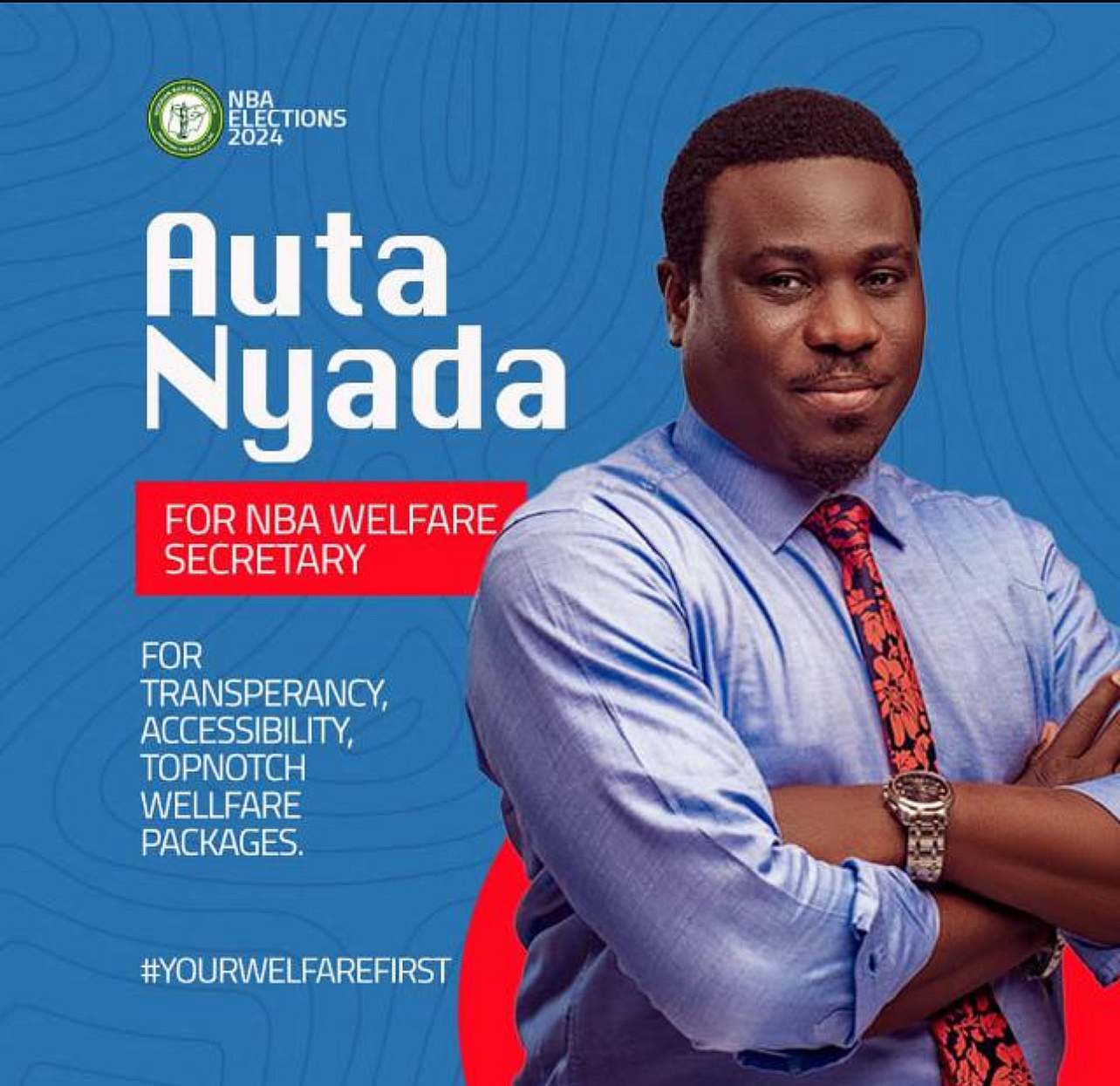 To maintain a just balance, the federal government must ensure that statements it censors or penalise must meet the thresholds which qualifies such statements as hate speech in International Law. They are:
To maintain a just balance, the federal government must ensure that statements it censors or penalise must meet the thresholds which qualifies such statements as hate speech in International Law. They are:
Thresholds for Hate Speech:
Intent: There must be an intent to incite discrimination, hostility, or violence against a particular group based on race, religion, ethnicity, or other protected characteristics.
Content and Form: The content and form of the speech, including its tone and context, are crucial in determining whether it crosses the line into hate speech.
Extent of Dissemination: How widely the speech is disseminated can influence its potential impact and thus its classification as hate speech.
Context: This may be Social and Political Context i.e. a context in which the speech occurs, including the societal conditions and the potential for harm, is considered or Historical Context: Historical patterns of discrimination and violence against particular groups can make certain types of speech more likely to incite harm.
Impact and Likelihood of Harm: for speech to qualify as one with one that is likely to cause harm, there must be the Imminence of Harm i.e a clear and imminent risk that the speech will lead to discrimination, hostility, or violence and Severity i.e the potential harm caused by the speech, including psychological harm or social exclusion, is also taken into account.
Instances where these statements that do not meet these thresholds are censored or penalized would amount to a violation of the right to freedom of expression and would culminate into an obligation on the government to provide remedy for such violations.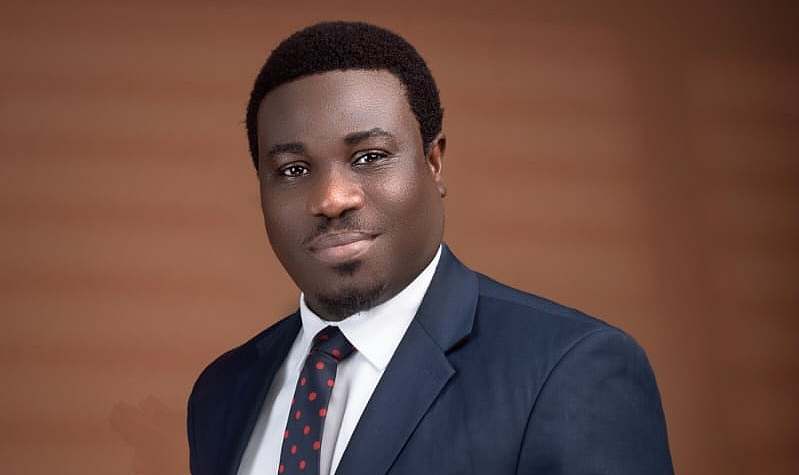 My name is NYADA AUTA, amd a thank you for reading my views.
My name is NYADA AUTA, amd a thank you for reading my views.
•NYADA AUTA, CANDIDATE FOR NBA NATIONAL WELFARE SECRETARY
In defence of Communal Values.

